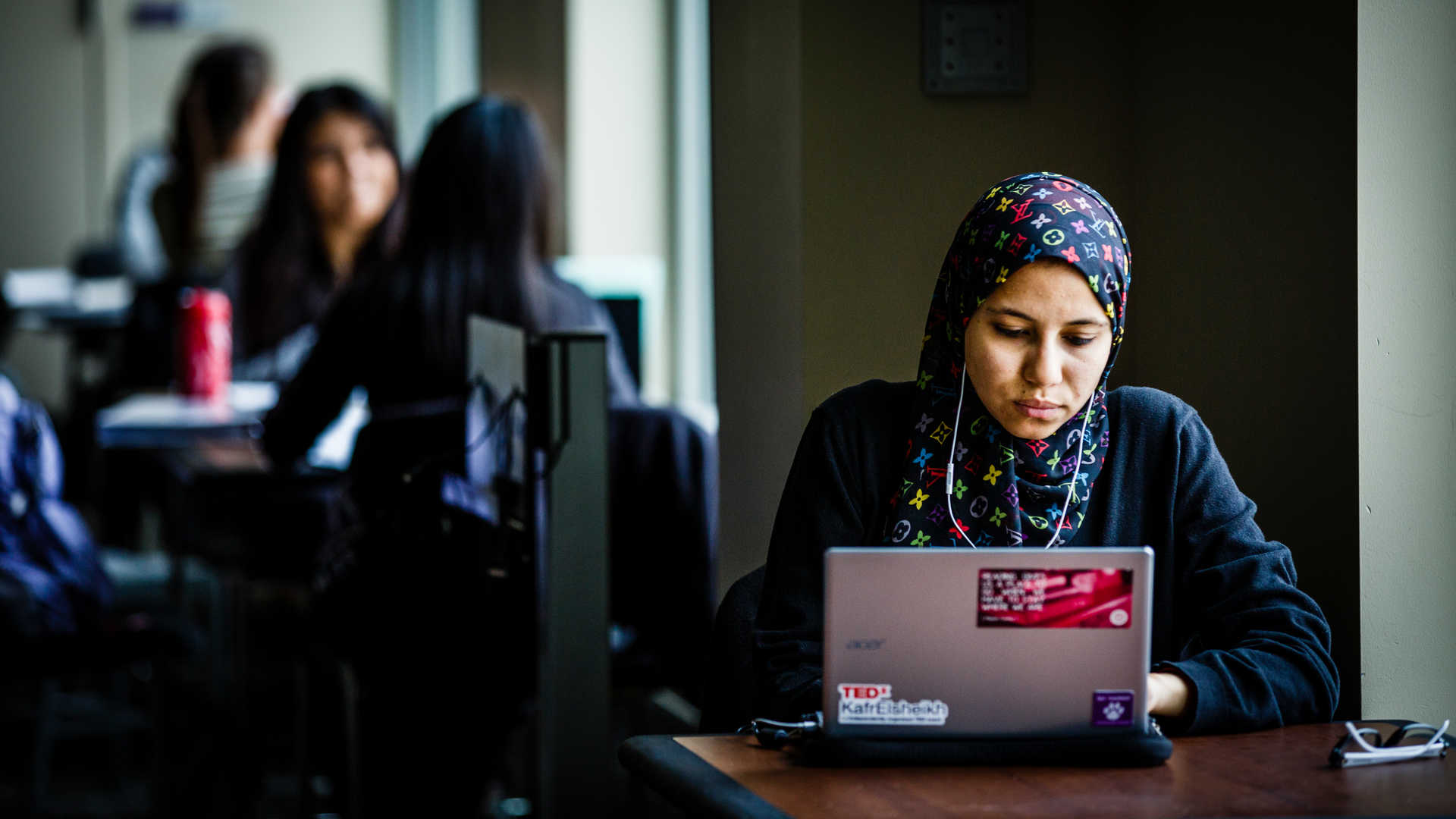Continuing Education
The School of Education offers flexible, inclusive, professional development programs for busy educators.
These programs are developed with faculty from the School of Education, who draw upon their scholarly research and practical experience to provide you with relevant, real-world content and resources.
Whether you're looking to fulfill requirements for licensure renewal, learn a new skill, or expand your knowledge in a particular content area, these offerings are for you.
Continuing Education Program Offerings
Continuing education programs are flexible; they fit into your life when you need them to. You complete all coursework online, on your own schedule. Educators can receive CEUs toward licensure renewal requirements for some programs.
Becoming Trauma-Informed: A Primer for Educators
In this free course, learn the basic understandings of psychological trauma and its impact in both K-12 and higher education and strategies for intervention.
Creating Trauma-Sensitive Schools
Learn guiding principles, research, and strategies for implementing a trauma-informed education framework at the school and systems level
Healthy Relationships for Student Well-Being
This course will equip school staff and leaders with the knowledge and skills to build authentic, empathetic, and resilient relationships with students.
Restorative Justice in Education
Learners will explore the biology of stress and the power of breath for self-care. Modules will go into real-world examples of restorative justice practices and how they foster empathy, accountability, trust, and comfort.
Autism Spectrum Disorder: Evidence-Based Practices
Gain a solid understanding of the evidence-based practices used when working with students who have autism spectrum disorder.
Identifying and Responding to the Impacts of Trauma on Educators
Identify warning signs and risks in navigating trauma and develop strategies that provide ongoing and culturally-sustaining support for educators.
